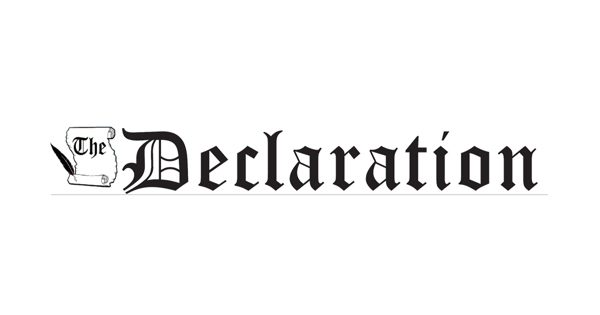Virginia has connected all but 133,500 customers statewide to high-speed internet, and those who remain without service include many folks living in rural areas like the Twin Counties.
A new proposal from the governor’s office aims to bring that number to zero.
In the plan, Grayson County, Carroll County and the City of Galax are recommended for a total of more than $30 million to connect the final homes, businesses and community centers to high-speed internet.
Gov. Glenn Youngkin last week announced the plan to complete Virginia’s goal of universal online access.
The Broadband, Equity, Access and Deployment (BEAD) Final Proposal, once approved, would award $613 million in federal funding to connect the last locations not yet covered by high-speed internet services. The funding will leverage $434 million in private investment from internet providers, according to the governor’s office.
Virginia Department of Housing & Community Development (DHCD) Director Maggie Beal said the project will utilize “a smart mix of technologies” — from fiber and cable to fixed wireless and low Earth orbit satellites.
According to an interactive online map, nearly all of the new infrastructure in the Twin Counties would be fiber, with a handful of satellite connections from StarLink and Amazon Kuiper.
The proposal details how much each provider would receive in each locality:
• Grayson County would receive a total of $17.8 million, to be distributed among Gigabeam Networks ($15.6 million), ZiTel ($2.2 million), StarLink ($7,500) and Amazon Kuiper Commercial Services ($3,000).
• Carroll County would receive a total of $12.3 million, to be distributed among ZiTel ($10.95 million), Citizens Telephone ($1.4 million) and Amazon Kuiper ($9,000).
• Galax would receive a total of $102,755, to be distributed among ZiTel ($44,564), Brightspeed ($44,191) and Citizens Telephone ($14,000).
The plan calls for providers to install connections at more than 9,000 locations in the Twin Counties region — 5,310 in Carroll, 3,830 in Grayson and 97 in Galax.
“Day one, we made a promise to connect all Virginia homes and businesses to reliable, high-speed internet, and these grants, once approved, will fund the last step to keeping that promise,” said Youngkin in a statement announcing the proposal.
He noted that Virginia has built 3.5 times more broadband connections in the past four years than any other state.
Due to new rules approved by U.S. Department of Commerce, Youngkin said Virginia will be able to save 25% on the project’s total cost, or “$200 million taxpayer dollars.”
The grants for broadband installation, administered by DHCD, will be submitted to the U.S. Department of Commerce’s National Telecommunications & Information Agency for final approval in September.
“Our approach is designed not only to connect communities, but to support economic growth, education, healthcare and public safety across the commonwealth,” said Virginia Secretary of Commerce & Trade Juan Pablo Segura.
According to DHCD, once the proposal is approved and federal contracts, negotiations and permitting are completed later this year and early next year, construction of broadband infrastructure would begin in 2026 and be complete in 2030.
